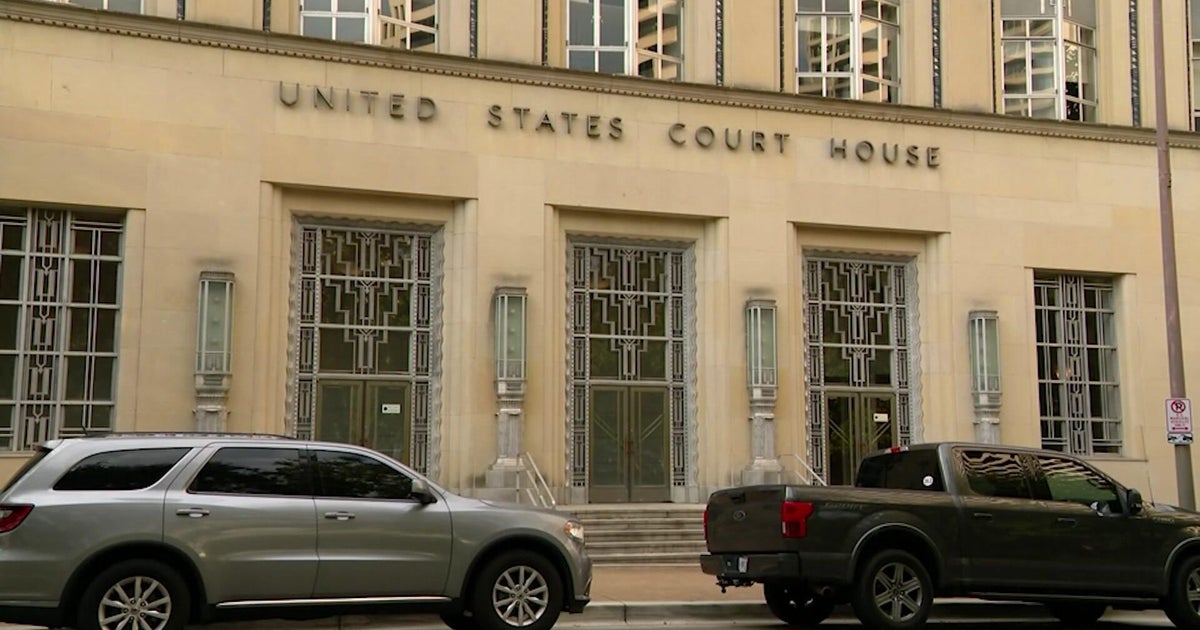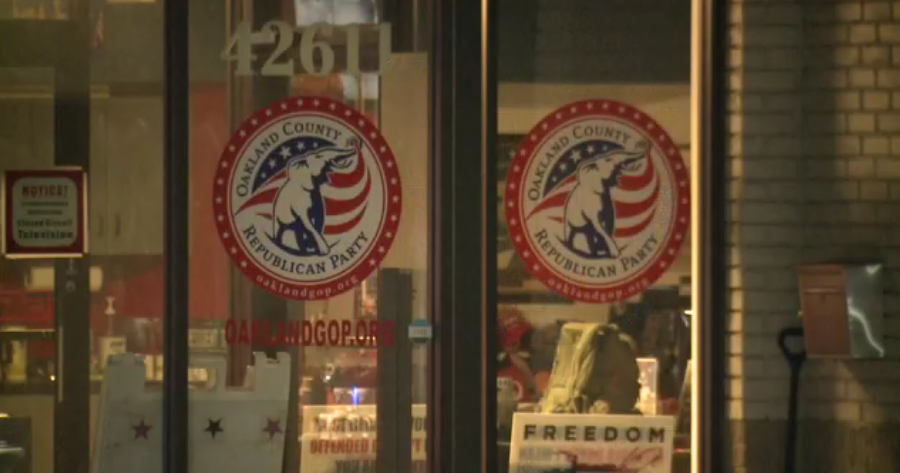Federal Court Orders Trial On Texas Redistricting
AUSTIN (AP) - A Washington-based federal court on Tuesday rejected Texas' request to approve new political districts without a trial.
In a brief ruling, the court agreed with the U.S. Department of Justice that the GOP-led Legislature used an improper standard for determining whether the new districts discriminate against minorities. The order clears the way for a trial.
The legal fight centers around a requirement in the 1965 Voting Rights Act that certain states with a history of discrimination, including Texas, be granted "preclearance" before changes in voting practices can be enacted.
The legal standard is whether proposed changes have the purpose or effect of diminishing voting rights based on race or color.
The ruling means temporary maps, being crafted by a San Antonio court, will likely be implemented in the interim to allow election workers and candidates to make necessary arrangements for next year's primary elections.
The Justice Department is arguing that legislative and congressional maps are retrogressive, meaning minority voters' ability to elect their candidates of choice is diminished.
The state, represented by Attorney General Greg Abbott, contends that the plans maintain or increase the voting strength of minorities and are in compliance with the law.
But the Justice Department says the analysis used by the state is inadequate because it only looks at population statistics rather than taking into account historical election data such as turnout.
In Tuesday's ruling, the judges agreed that Texas "used an improper standard or methodology to determine which districts afford minority voters the ability to elect their preferred candidates of choice."
District boundaries are redrawn every 10 years to reflect changes in census data. This year, Texas received four new congressional seats -- increasing the delegation from 32 to 36 -- because of a population surge fueled by Hispanics.
Using a more detailed analysis, the U.S. says the proposed congressional map does not change the number of effective minority districts, which it says was already at 10 under the previous maps.
Attorneys have said the type of analysis used as the standard will be a key factor in the case.
In the proposed map for the 150-member Texas House, the Justice Department argues that minority districts are reduced from 50 to 45. The state has asserted the number of minority districts would increase from 41 to 42.
The court also rejected a proposed map for the Texas Senate.
(© Copyright 2011 The Associated Press. All Rights Reserved. This material may not be published, broadcast, rewritten or redistributed.)







